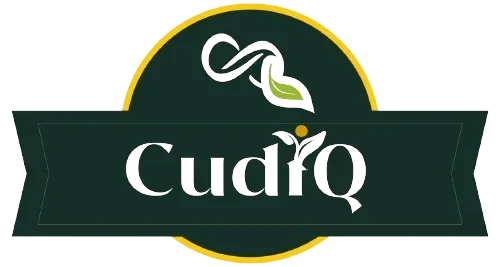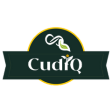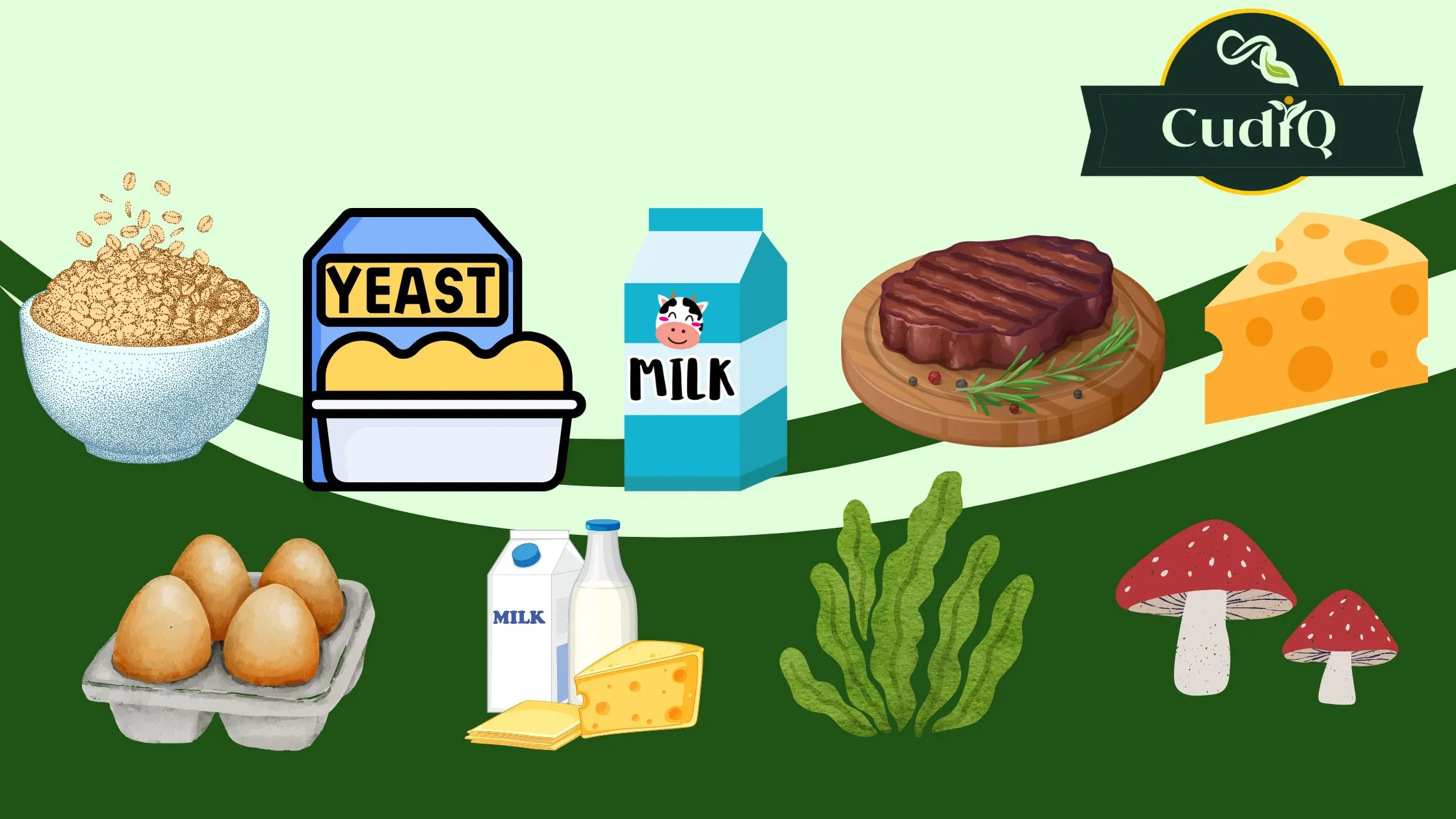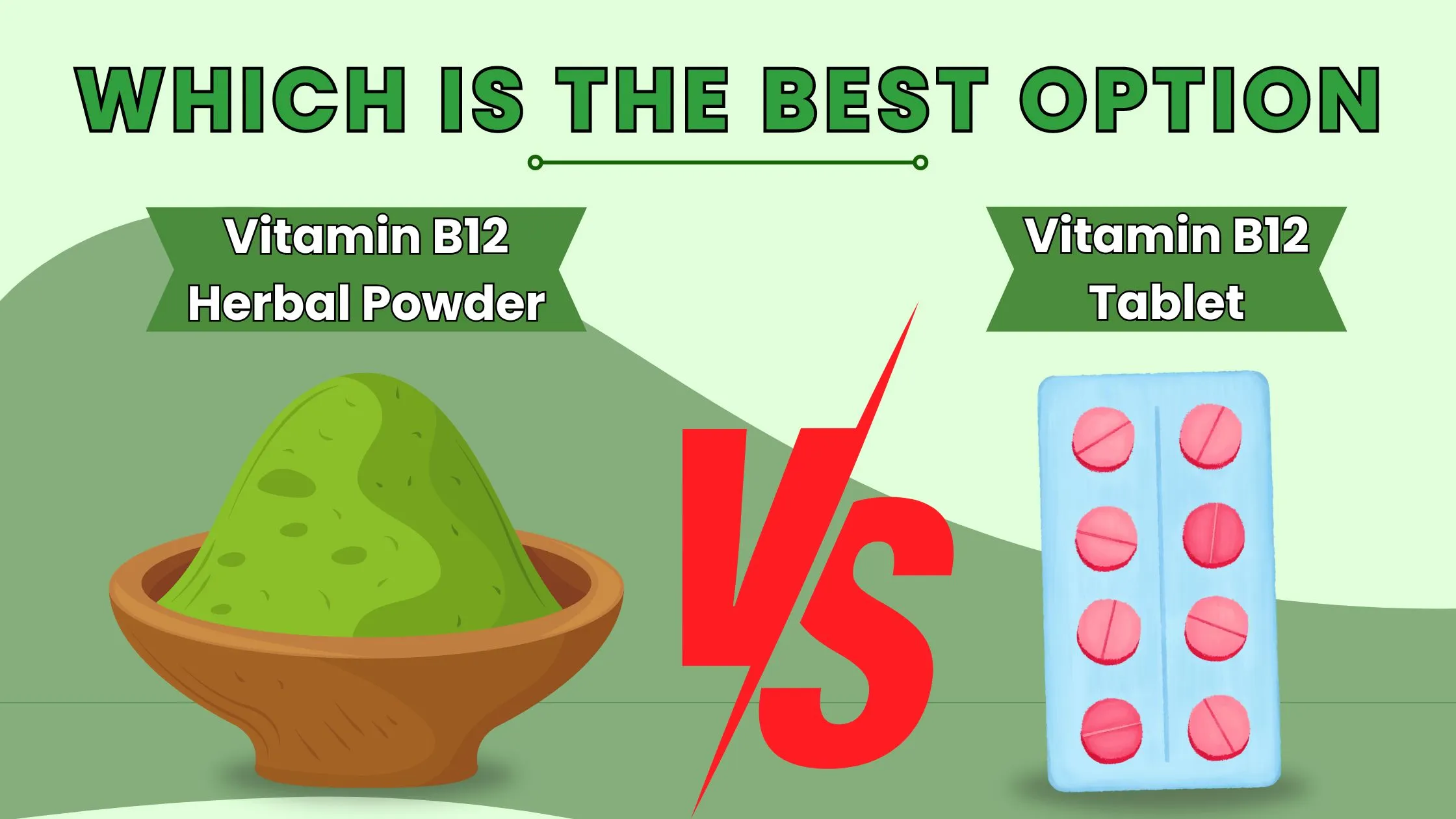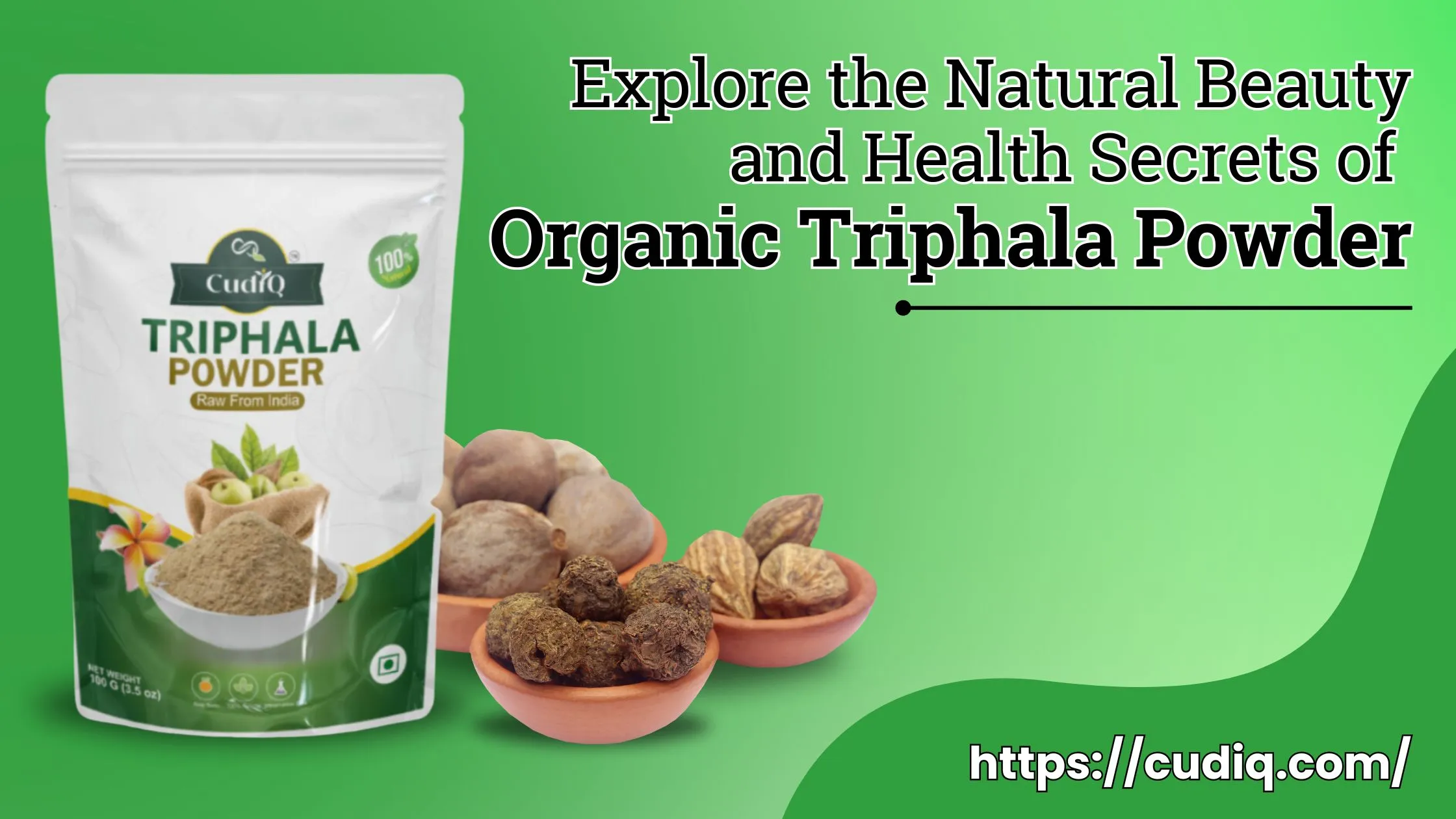Did you know that almost half of the people in India don’t get enough vitamin B12? It’s important because not having enough of this vitamin can cause health problems.
There are a few reasons why someone might not get enough vitamin B12. One reason is not eating the right foods. This can happen if someone follows a strict vegan or vegetarian diet. Some health conditions, like stomach inflammation or problems absorbing nutrients, can also lead to low B12 levels.
Other factors like certain medications, surgery, drinking too much alcohol, or having diabetes can also play a role. So, it’s essential to make sure you’re getting enough B12 through your diet or supplements if needed, especially if you fall into any of these categories.
1:- Fortified Breakfast Cereals:
 Fortified breakfast cereals are a convenient and tasty way to boost your Vitamin B12 intake, especially for those following a vegetarian or vegan diet. These cereals are typically made from grains like oats, wheat, or corn and fortified with essential vitamins and minerals, including Vitamin B12. Look for cereals that specifically mention B12 fortification on the packaging, and enjoy them with your favorite plant-based milk for a nourishing breakfast.
Fortified breakfast cereals are a convenient and tasty way to boost your Vitamin B12 intake, especially for those following a vegetarian or vegan diet. These cereals are typically made from grains like oats, wheat, or corn and fortified with essential vitamins and minerals, including Vitamin B12. Look for cereals that specifically mention B12 fortification on the packaging, and enjoy them with your favorite plant-based milk for a nourishing breakfast.
2:- Nutritional Yeast:
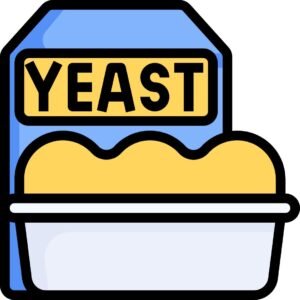
Nutritional yeast is a deactivated yeast commonly used as a seasoning or flavoring agent in vegetarian and vegan dishes. It has a savory, cheese-like flavor that adds depth to soups, sauces, and snacks. Nutritional yeast is often fortified with Vitamin B12, making it an excellent source of this nutrient for individuals avoiding animal products. Sprinkle it over popcorn, pasta, or salads for a delicious and nutritious boost.
3:- Fortified Plant Milk:
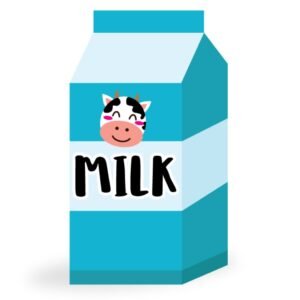
Plant-based milk alternatives such as soy milk, almond milk, and oat milk are increasingly popular among those seeking dairy-free options. Many of these plant milks are fortified with essential nutrients, including Vitamin B12, calcium, and Vitamin D, to mimic the nutritional profile of cow’s milk. Enjoy fortified plant milk on its own, use it in cereal, or incorporate it into smoothies and baked goods for added nutrition.
4:- Fortified Meat Substitutes:
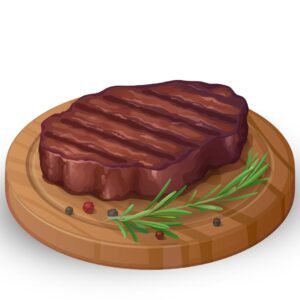
Vegetarian meat substitutes like veggie burgers, tofu, and tempeh offer a convenient way to increase your Vitamin B12 intake. Many of these products are fortified with essential nutrients, including Vitamin B12, to enhance their nutritional value. When shopping for meat substitutes, check the packaging for information about B12 fortification, and incorporate them into your meals as a flavorful and protein-rich alternative to meat.
5:- Fortified Vegan Cheese:

For those craving the taste and texture of cheese without dairy, fortified vegan cheese provides a satisfying alternative. Made from plant-based ingredients such as nuts, seeds, and soy, vegan cheese is available in a variety of flavors and styles, including slices, shreds, and blocks. Look for vegan cheese products that are fortified with Vitamin B12 to ensure you’re meeting your nutritional needs while indulging in cheesy goodness.
6:- Eggs:
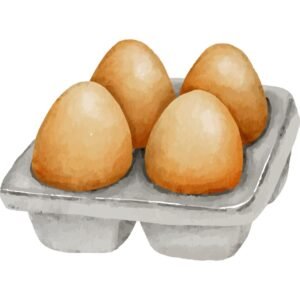
Eggs are a versatile and nutrient-dense food that can be enjoyed in countless ways. While not suitable for vegans, eggs are an excellent source of Vitamin B12 for vegetarians. The yolk, in particular, contains the highest concentration of Vitamin B12, along with other essential nutrients like protein, choline, and omega-3 fatty acids. Incorporate eggs into your diet by enjoying them scrambled, poached, boiled, or as an ingredient in omelets, frittatas, and baked goods.
7:-Dairy Products:

Dairy products such as milk, yogurt, and cheese are naturally rich in Vitamin B12, making them valuable sources of this essential nutrient for lacto-vegetarians. In addition to Vitamin B12, dairy products provide calcium, protein, and other vitamins and minerals essential for bone health and overall well-being. Choose low-fat or non-fat dairy options to reduce saturated fat intake, and enjoy dairy products in moderation as part of a balanced diet.
8:- Seaweed and Algae:

Certain types of seaweed and algae, such as nori, spirulina, and chlorella, contain Vitamin B12, albeit in smaller amounts than animal-derived foods. While not a primary source of Vitamin B12, incorporating seaweed and algae into your diet can contribute to overall B12 intake, especially for vegetarians. Enjoy seaweed in sushi rolls, salads, and soups, or add spirulina or chlorella powder to smoothies, juices, and energy bars for a nutritional boost.
9:- Mushrooms:

Mushrooms are a versatile and flavorful ingredient that adds depth and umami to various dishes. While most mushrooms contain negligible amounts of Vitamin B12, certain varieties like shiitake and button mushrooms have been found to contain small amounts of this nutrient. While mushrooms may not be a primary source of Vitamin B12, incorporating them into your diet can contribute to overall intake and provide other essential nutrients like fiber, vitamins, and minerals.
Incorporating these vegetarian foods high in Vitamin B12 into your diet can help ensure you’re meeting your nutritional needs while enjoying a diverse and flavorful array of plant-based foods. Whether you’re following a vegetarian, vegan, or flexitarian diet, prioritizing Vitamin B12-rich foods is essential for optimal health and well-being.
The best Vegetarian herbal Powder is Cudiq Vitamin B12 herbal supplement Powder. because Cudiq Vitamin B12 powder Ingredients are Stevia Leaves, Alfalfa Leaves, Moringa Leaves, Wheat Grass, Indian Gooseberry (Amla), and Beetroot. And no added artificial Colour, Flavor, Chemicals, and Preservatives.
